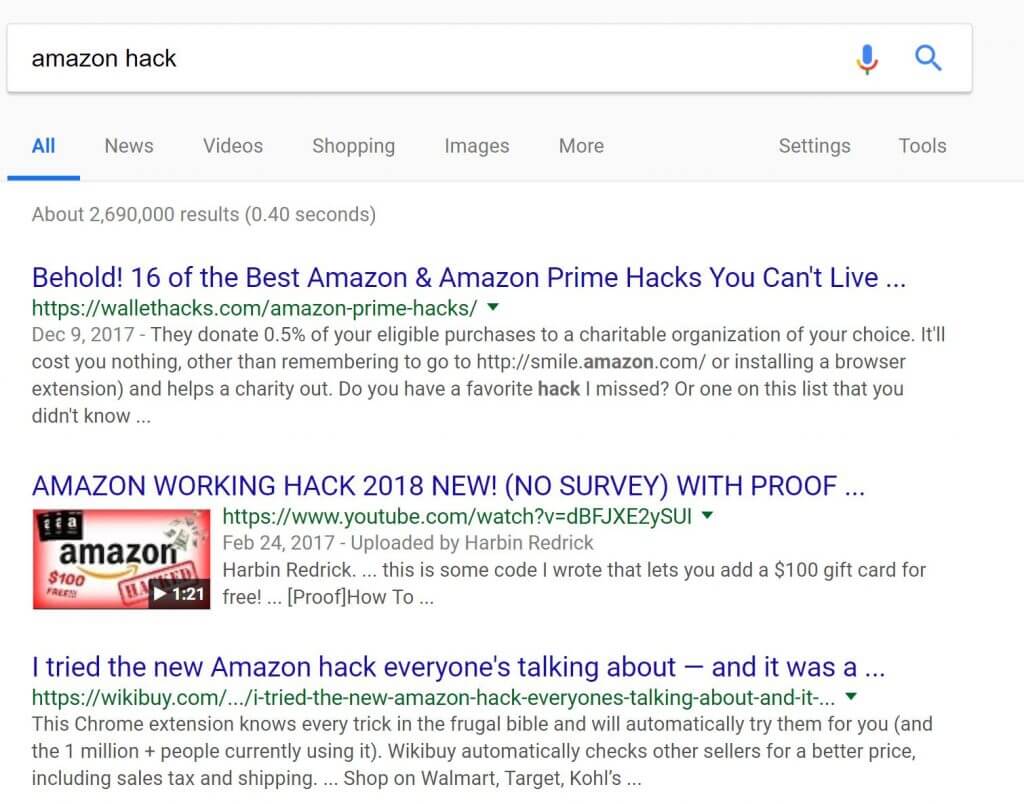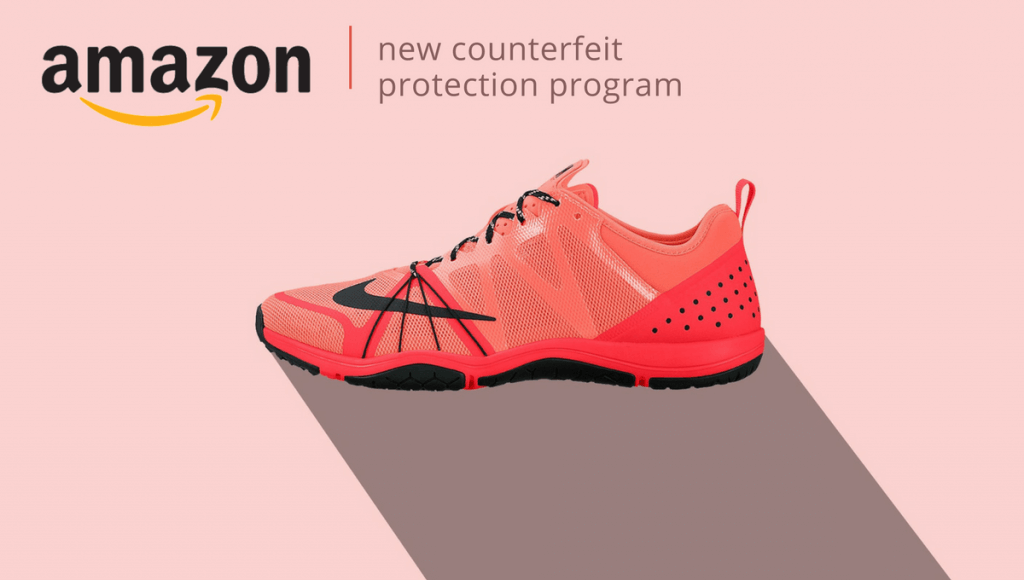We’ve all heard the phrase: “You won’t believe this new Amazon hack I found!”
Of course we understand the temptation to give black hat tactics a try, especially when your business is struggling or you need a quick win.
But as experts in the space, we know the evolution of the Amazon marketplace has shifted away from fly by night hack seekers and towards legitimate long term business growth.
Unfortunately, there’s still a flood of content preaching “Amazon Hacks” as the solution or silver bullet to your advertising woes.

In the following article, we interview Pat Petriello, former Amazon employee and Head of Marketplace at CPC Strategy to get his take on why Amazon hacks are not only a bad idea but a potential death sentence to your business.
5 Reasons Why Amazon Hacks Are A Bad Choice
1) Amazon has evolved into a mature marketplace.
“Amazon has evolved from this tertiary business channel where you use to throw products up and just see what happened.
Back then, selling on Amazon was simply a bonus to whatever your core business was. Today, it’s grown into a legitimate, investment worthy channel that has become a key component of your business strategy.

If you think of that relative to other channels or other parts of the business, nobody is saying: ‘Here’s how to hack your logistics channel or your business bank account’.
There’s been a shift in the way that we think. Amazon is now a legitimate business channel, so if your not trying to hack your suppliers or hack your distribution lines – why are you trying to hack Amazon?”
2) Hacks are not an effective long term strategy.
“The other way of thinking about this is – it’s not an effective long term strategy. Even if you could get away with it (and say you’re extremely unlikely to get caught) – overall hacks have not been successful.
Sure, some hacks techniques with product launches have worked in the past.
Not that long ago sellers hacked the heck out of incentivized reviews (a loophole which no longer exists thanks to the TOS update) but no one has built an entire sustainable business on hacks alone.”

3) Cost of the risk relative to the potential gain isn’t worth it.
“The risk of being caught and penalized on Amazon is significant as the Marketplace becomes a concentrated area where people shop. The pure cost of that revenue lost isn’t worth it.
For example, if 50 percent of your business comes through Amazon, and you decide to take part in a black hat practice – you are essentially gambling with the future of your entire company.
Simply put – it’s just bad business.
If you took the same amount of time, energy, money and applied that to a legitimate way of succeeding on Amazon, you’re actually going to get a higher return and set yourself up for the future.
BLOG POST: Lawyer’s Expert Insight into Amazon Seller Account Suspensions
4) It’s not a moral issue anymore, it’s just not rational.
“Of course, we understand there’s a certain appeal to hacks.
For example, if someone approaches you and says: ‘I got the keyword hack to get the Amazon Best Seller’s Badge’ – there’s almost an ego component that makes them feel smarter than you.
But we’re not approaching this from a moral lens anymore. From a pure rational standpoint, it just doesn’t make sense.
If you think of it this way – sure, you can get to work faster by blowing through every stop sign, but eventually you’re going to get a ticket or destroy your car.
In the long run – it’s not actually going to help you.”
5) Hack opportunities are diminishing.
“The opportunities for these hacks or TOS violations get smaller and smaller every day and Amazon’s interest in protecting legitimate brands is growing.
When Amazon was considered a “wild west marketplace” they didn’t devote much of their energy into brand policing. But as the New York Times and other media companies started to post stories asking “Are your reviews legitimate?” that began to chip away at the credibility of the marketplace.”
Amazon acted swiftly, and we wrote about some of these positive changes for brands last year:
- Amazon Brand Gating: Amazon requires up to a $1500 fee, a letter of approval for sale from the manufacturer, and recent invoices for sellers of certain restricted brands, which limits unauthorized or small resellers on a listing.
- Amazon Incentivized Review Ban: Amazon bans and eliminates reviews that are written in exchange for discounted or free goods, which are shown by ReviewMeta’s study to be more biased than normal reviews (and could be fake).
- Amazon Gives Vendors the Ability to Comment on Customer Reviews: Vendors can now directly communicate with customers via comments on reviews and provide answers under Q&A. This is incredibly valuable for customer service purposes.

“Now, you have this Amazon policing force that’s more active and sensitive to what’s going on than ever before. All these market factors are coming together that don’t really support intentional hacks or TOS violations as a way to grow your business.”
Final Takeaway:
According to Petriello, putting the same amount of energy into how the actual Amazon advertising system works – ends up being more effective.
“You will rank higher, you will get more real reviews, sell more products, and get permanence to a lot of the Amazon helpings as well.”
“Sure, hacks sound fun – until your account gets suspended right before Prime Day.”
For more information on Amazon Hacks, email [email protected]
You Might Be Interested In












